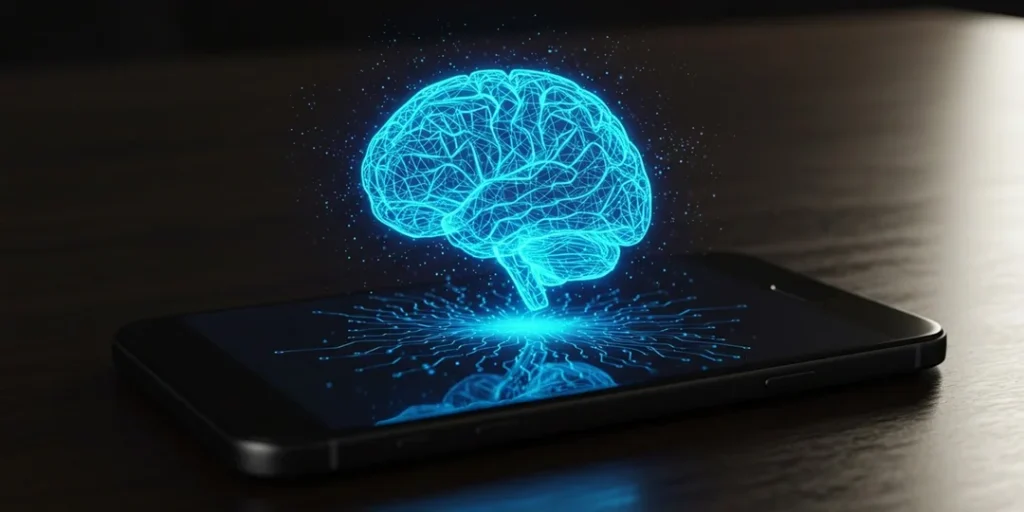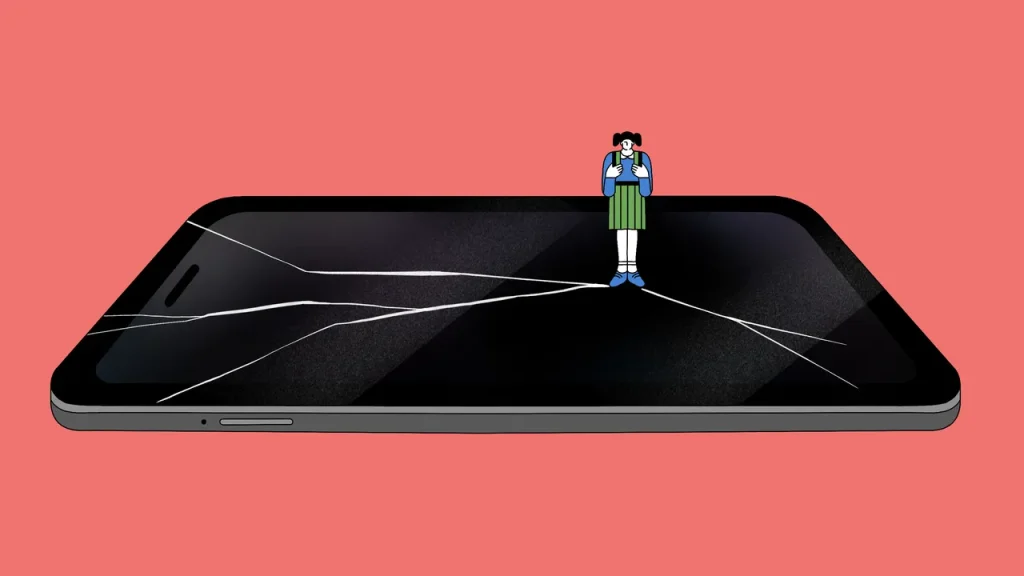In barely two decades, smartphones have transformed from luxury gadgets into extensions of daily life—so integrated into our routines that reaching for a phone first thing in the morning or checking it before bed has become second nature. Their ubiquity stems not from mere habit, but from the tangible benefits they bring to communication, efficiency, convenience, and even emotional well-being. Yet this deep reliance raises a question: If we suddenly lost access to our phones, would we “go crazy”? To answer this, we must first unpack how smartphones enrich our lives, then examine the reality of life without them—separating temporary discomfort from long-term chaos.

1. Smartphones: The Backbone of Modern Convenience and Connection
The greatest value of smartphones lies in their ability to simplify complex tasks and bridge distances, making daily life more manageable and human connection more accessible.
First, they redefine communication by erasing geographical barriers. A century ago, sending a message to a friend abroad took weeks via mail; today, apps like WhatsApp, WeChat, or FaceTime let us video-call, share photos, or send voice notes in real time—for free. A student studying in another country can watch their sibling’s birthday party live; a parent traveling for work can read their child a bedtime story over a video call. This instant connection doesn’t just save time—it preserves emotional bonds that would otherwise fray with distance.
Second, smartphones boost productivity and learning for people of all ages. Professionals use phones to respond to urgent work emails during commutes, access cloud-based documents (like Google Drive) to collaborate with colleagues, or attend virtual meetings via Zoom when they can’t be in the office. For students, phones turn any space into a classroom: they can use apps like Duolingo to practice languages on the bus, watch educational YouTube videos to clarify math concepts, or access digital textbooks instead of carrying heavy physical copies. During the COVID-19 pandemic, this benefit became critical—smartphones allowed millions to continue working and learning from home, preventing total disruption to daily life.
Third, they streamline everyday tasks to save time and reduce stress. Gone are the days of carrying cash, paper maps, or physical calendars: smartphones let us pay for groceries with Apple Pay or Alipay, navigate to a new restaurant with Google Maps, and set reminders for appointments or deadlines. Need to order food on a busy night? Apps like Uber Eats deliver it in minutes. Forgot to water your plants? Smart home apps connected to your phone can trigger sprinklers remotely. These small conveniences add up, freeing up time for activities that matter more—like spending time with family or pursuing hobbies.
Finally, smartphones serve as lifelines in emergencies. A hiker lost in the woods can use their phone’s GPS to share their location with rescuers; someone experiencing a medical emergency can call 911 instantly, even if they’re in an unfamiliar area. Health-tracking features (like step counters, heart rate monitors, or medication reminders) also help users manage their well-being—for example, a diabetic person can set alerts to check their blood sugar, or an elderly parent’s phone can send a notification to their child if they haven’t moved for hours. In these cases, a smartphone isn’t just convenient—it’s potentially life-saving.
2. Without a Phone: Short-Term Discomfort, Not Long-Term “Madness”
Given these benefits, it’s easy to assume losing a phone would trigger panic or chaos. While it’s true that going phone-free would cause temporary inconvenience and anxiety, it’s unlikely to make most people “go crazy”—and may even reveal unexpected benefits of disconnecting.
The first challenge of a phone-free day is navigating the “instant gratification gap.” For example, you might arrive at a café only to realize you can’t pay (since you don’t carry cash), or stand at a bus stop unsure when the next bus will come (without a transit app). You might feel a twinge of anxiety when you can’t check social media updates or respond to text messages—what if a friend needs help, or you miss an important work alert? This discomfort stems from habit, not necessity: we’ve grown so used to having information and connection at our fingertips that losing it feels like losing a sense of control.
However, this discomfort fades quickly as we adapt to old (or new) ways of doing things. Without a phone, you might start carrying a small amount of cash again, or use a physical map to explore a new neighborhood—activities that force you to be more present. You might have longer, more focused conversations with friends over coffee (instead of checking your phone mid-talk), or spend your commute reading a book instead of scrolling through emails. Many people who try “phone-free weekends” report feeling more relaxed: without constant notifications, they can focus on the world around them—listening to birdsong during a walk, or noticing the details of a park they’d never paid attention to before.
Importantly, “going crazy” implies a loss of rationality—but phones are tools, not essentials for mental stability. Humans thrived for millennia without smartphones, and we still have the skills to function without them: we can ask strangers for directions, write down important dates in a notebook, and connect with people face-to-face. The real “danger” of phone reliance isn’t that we’ll fall apart without them, but that we’ll forget how to enjoy life’s simple, offline moments.

3. The Key: Balance, Not Obsession
The debate over phones isn’t about “good vs. bad”—it’s about finding balance. Smartphones offer incredible benefits, but they should complement, not replace, real-life experiences. For example, using a phone to video-call a family member is wonderful, but it shouldn’t replace in-person visits. Using a transit app to save time is helpful, but it shouldn’t stop you from striking up a conversation with a fellow commuter.
If you’re worried about relying too much on your phone, small changes can make a difference: set “phone-free hours” at home (e.g., no phones during dinner), keep your phone in another room while you work or study, or take a 30-minute walk each day without bringing your phone. These habits help you enjoy the benefits of technology while staying connected to the world around you.
Conclusion
Smartphones have become indispensable because they make life easier, more connected, and safer—but they are not the foundation of a stable, happy life. Losing a phone would cause temporary hassle, but it wouldn’t make us “go crazy.” Instead, it would remind us that the most valuable parts of life—face-to-face conversations, the beauty of nature, the satisfaction of solving problems on our own—don’t require a screen. The true power of smartphones lies in using them wisely: to enhance our lives, not to control them. When we find that balance, we can enjoy their benefits without fearing life without them.
